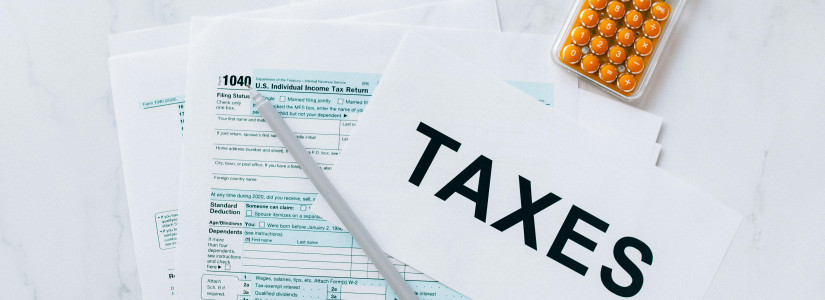Ticket Buyers Will Launch a Wave of COVID-19 Class-Action Lawsuits
COVID-19 lawsuits promise to dominate the legal landscape in the United States long after the virus recedes from the front pages of the news. Economic life in the country has come to a complete stop, invoking a number of legal and contractual issues. Many people have paid for a service that they have been unable to receive since the country has come to a standstill. Many people have been asking for their money back but have been told that there are no refunds. This has led to numerous class-action lawsuits being filed on behalf of consumers and other people who have paid for something that they will not be receiving.
Can Event Organizers Cancel Events Without a Refund?
Many event tickets and other sales are made with the provision in the contract that all sales are final and that no refunds will be issued. Some event organizers have made exceptions to this policy in order to generate goodwill from their customers. However, others have stuck closely to this policy to the letter, claiming that they have already incurred expenses and would suffer staggering losses if they gave customers their money back. Accordingly, they have said no when customers have pressed for refunds.
This has resulted in a growing number of lawsuits that will rise even further as American life remains on hold. One example of this type of lawsuit is one that was filed in Superior Court in Los Angeles. The plaintiffs purchased tickets to a music festival. However, the state's governor banned public gathering and the music festival was canceled. Organizers refused to give refunds for tickets purchased even though many event organizers have broken with their policies to make exceptions. The ticket agreement stated that the only right that the purchaser has is to attend a rescheduled event date.
However, the plaintiffs are claiming that the ticket agreement was never effective in the first place because it gave the event organizers the complete discretion and control over whether they could modify or terminate the agreement. The plaintiffs claim that this is an agreement that is so one-sided that it is unconscionable. When a contract is unconscionable, a court will decide not to enforce it.
What is important about this lawsuit is that the plaintiffs are seeking to expand it beyond the specific music festival in California. Recognizing that there have been billions of dollars spent on event tickets for shows and games that have been canceled, the plaintiffs are seeking to certify a nationwide class on behalf of all people who have purchased tickets for events that are now not occurring.
In some respects, these lawsuits may be premature. Many event organizers have not made a final decision to conclusively cancel the events. Some have postponed the decision about whether to cancel or reschedule until more is know about COVID-19 and when the threat will recede. Thus, some organizers may still be within the terms of their agreements.
This Type of Litigation Is Just Getting Started
This will likely emerge as one of the major areas of litigation arising from the coronavirus crisis. It is difficult to know how courts will view the circumstances of these cancellations and whether they will give leeway to event organizers. Courts will usually hesitate to strike down a contract for whatever reason.
In most cases, these cases will be decided based on the plain language of the sales contract which was already agreed to before the COVID-19 crisis hit when the customer bought the tickets. Event organizers can avoid these lawsuits by working with their customers to share the financial burden of the cancellation or at least not seek to pass it entirely along to the customer. Nonetheless, the financial survival of many event organizers is at stake, and giving full refunds may put them out of business permanently.
The plaintiffs' bar has signaled that it intends to be aggressive with COVID-19 lawsuits. This is just the opening salvo in what is likely to be a long-running legal battle over an event that has caused massive economic disruptions. From the plaintiffs' perspective, event organizers are taking advantage of one-sided contract language to simply help themselves to ticket buyers' money. This will have a large impact on businesses both large and small going forward as these issues are decided in court and will result in a legal cloud hanging over the heads of many businesses for years.












